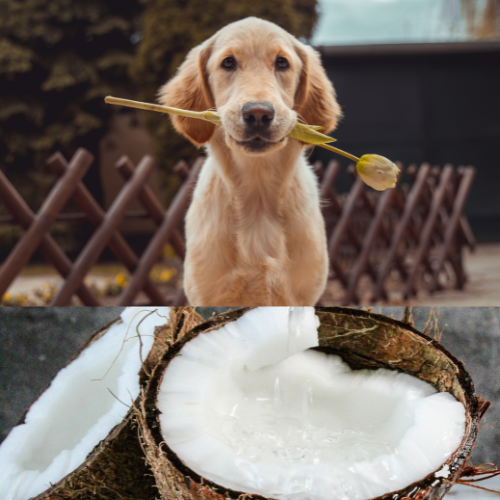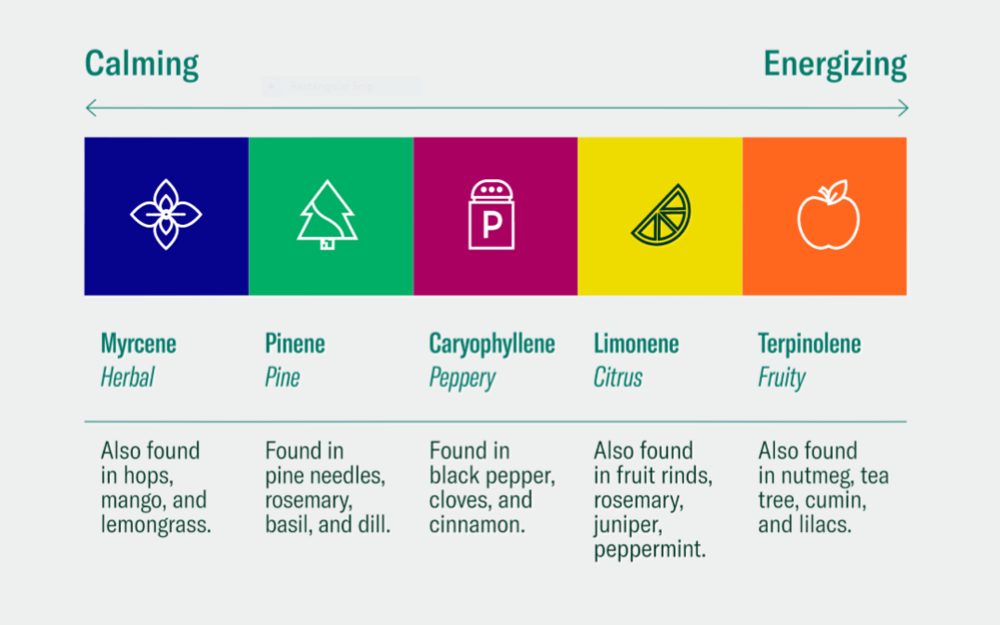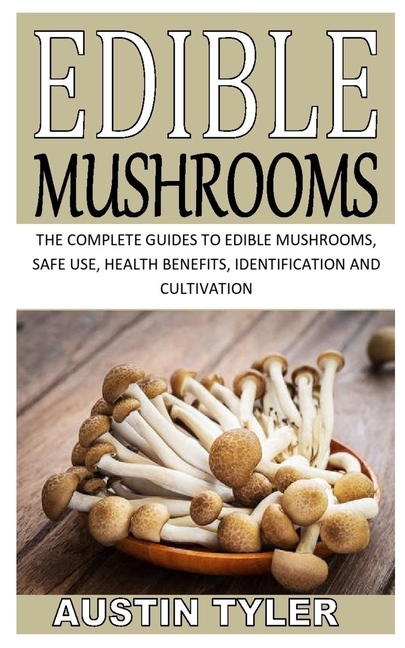
Cannabis extracts may be helpful in the treatment of nausea. In fact, many studies show that using cannabinoids is more effective than antiemetic drugs. The World Health Organization also recognizes cannabidiol for safe treatment of a variety of conditions.
The brain's response rate to stimuli can be controlled by the endocannabinoid, a network that includes hormone-like and receptor-like compounds. Nausea and vomiting are caused by its inhibition. The endocannabinoid CBD compound has been shown in studies to reduce nausea, vomiting, and other symptoms. But, it is still unknown what exact effects cannabinoids have on nausea and vomiting.
Many people have nausea and vomiting. There are many treatment options, but not all of them work for everyone. If you suffer from nausea, talk to your doctor about CBD. CBD products can also be found at your local dispensary. These CBD products come in a variety of flavors and come with a certificate stating what the product contains.

As with all types of supplements, you should always follow the label. Similarly, you should consult your health care provider if you are pregnant or nursing. Although CBD is not addictive, it can interact with some prescriptions.
For nausea relief, you should start with the lowest dose possible and build up to higher doses as needed. Remember that even small amounts can make a significant difference. However, it is important to not overdose or experience serious reactions.
A 2003 study showed that cannabinoids reduced nausea in rats. During a forced swim test, CBD decreased immobility in both males and females of the Wistar Kyoto strain. Another study from 2011 showed that cannabidiol decreased nausea through indirect activation of 5-HT1A serotonin receptors. Similar anti-nausea effects have been observed for THCA (a non-psychoactive raw form of THC).
CBD is being studied for its potential use in the treatment of nausea. More research is needed to verify this. CBD use can also cause side effects. Interactions with CBD can occur when certain drugs are used, such as blood thinners and antidepressants.

Although research on CBD and nausea are still in its infancy, some studies have shown CBD can be used to relieve nausea from chemotherapy. This can be particularly beneficial for patients who don't get relief with anti-nausea medication.
Cannabinoids are produced naturally by the body. They can become blocked if the endocannabinoid systems becomes too active. THC is the most popular type of cannabinoids found in the human body. THC, which is not CBD, can have psychoactive effects and increase anxiety. THC is not as effective as CBD in relieving nausea.
CBD oil is fast acting anti-nausea medication. You will feel relief within 30 seconds of inhaling the oil. Despite its rapid effects, CBD should never be put on the tops of your tongue. It will prevent CBD from entering the bloodstream.
FAQ
Is there a saturation in the CBD market?
CBD industry is growing at over 25% per annum. This growth will continue at least five years. The industry is forecast to grow from $2 Billion to $5 Billion by 2020.
Canndoc Ltd and GW Pharmaceuticals are the dominant players in the CBD market. Both are focused on developing pharmaceutical-grade products. They haven't been very successful so far. They are both struggling to gain traction in the marketplace.
Cannabidiol (CBD), an extract from cannabis, contains less than 0.3% THC. It has no psychoactive effects. It is used for treating epilepsy and other medical conditions. It is also commonly used as a dietary supplement.
There are many options for CBD products. Some CBD products can be made with whole plant extracts and others, such as CBD.
These products all have one thing in common: they contain low amounts of THC.
They are thus legal under US federal legislation. This doesn't mean you shouldn't follow local laws when selling CBD-related products. You should always check with your state's regulations regarding the sales of CBD products.
Additionally, CBD products in some states are illegal. These are California, Colorado. Florida. Mississippi. Missouri. New York. North Carolina. Ohio. Oklahoma. Oregon. Rhode Island. South Dakota. Texas. Utah. Virginia. Washington.
CBD products should not be made if you reside in these states.
Does CBD help with anxiety?
CBD oil is effective for treating anxiety because it interacts with certain receptors in the brain called CB1 and CB2. The endocannabinoid system regulates mood and stress responses.
CB1 receptor is activated when our bodies feel anxious. When activated, the receptor sends signals back to the amygdala that is responsible for emotional processing.
When the CB1 receptor is blocked, the amygdala doesn't receive the signal to process emotions. As a result, people who take CBD experience fewer negative feelings.
A study published in 2017 showed that CBD reduces anxiety in patients with social phobia. Another study revealed that CBD helped reduce symptoms of PTSD.
A 2018 review concluded that CBD has anxiolytic properties and could help treat generalized anxiety disorder.
Another study suggested that CBD may also help to reduce panic attacks.
However, numerous studies have shown CBD to increase anxiety levels in mice.
The difference in results between animals and humans could be explained by differences in the way that CBD is metabolized in different species.
There are no long-term safety studies available for CBD. But, experts are unanimous in their belief that CBD is safe when used according to directions.
Is CBD growing?
Yes, it is! And this growth is expected to continue into the future as legalization spreads across North America. Canada was the first country to legalize recreational cannabis use. Several states also have medical marijuana laws.
This trend will likely continue at least another ten years, as more states adopt legislation allowing medicinal marijuana.
Legalizing marijuana is also a good economic decision. Legalizing pot can provide many benefits, not only for farmers but also for the general public.
It could reduce crime rates, by decreasing illegal drug availability. It could also bring in tax revenue to governments.
As more people turn to legal weed, they may also choose to consume less alcohol. This would result in fewer hangovers, and lower healthcare costs.
In addition, marijuana might actually improve the quality of life for those who suffer from chronic pain. Many believe that THC, which is the active ingredient of marijuana, can help relieve muscle spasms and nausea from chemotherapy.
It is possible that marijuana could be used to treat mental disorders such as anxiety or depression. Some studies even suggest that marijuana may be able to treat schizophrenia.
The future is bright for CBD, but there are still many challenges ahead.
What CBD products have the highest sales?
CBD products can be found all over these days. These products are being used to treat everything, from anxiety to pain relief. This market is large and growing quickly.
But what are people buying CBD oil for? How does this impact you as a brand manager?
According to Statista CBD products are purchased for their relaxing properties. They are also bought for their anti-inflammatory qualities.
This means that if your product has both CBD and THC, then it can be sold for both recreational and medicinal purposes.
But what about brands that only focus on one specific purpose? It won't be able to compete if it sells CBD for pain relief.
Furthermore, a brand who focuses on CBD-based medical uses will be able to attract a lot of customers.
A brand must have a unique selling proposition (USP) if they want to appeal to recreational users. A USP is basically a feature or benefit that sets a brand apart from competitors.
Some brands offer free shipping while others offer bulk discounts.
Where can I buy CBD products?
CBD can be bought online or at your local retailer. Online retailers often offer better deals. You will find that many websites sell CBD products made using industrial hemp, which contains less than 0.3% THC.
Look for local businesses that sell CBD products.
Many states now have laws allowing consumers to buy CBD products without a prescription. CBD products may be available at your local pharmacy if the state you reside is one of them.
You may even be able to get CBD products delivered directly to your door.
Statistics
- As a substance that was federally illegal before the passage of the 2018 Farm Bill, hemp-derived cannabinoids with no more than 0.3% THC still face a regulatory grey area. (forbes.com)
- A recent study [161] also found that in vitro CBD treatment (i.e., ≤ 2 h exposure to 10 μM) induced ~40% vasorelaxation in isolated (pre-constricted) (ncbi.nlm.nih.gov)
- The use of these products is likely to become even more widespread if the World Health Organization's recommendation that CBD no longer is scheduled in the international drug control conventions is adopted by the United Nations member states [201]. (ncbi.nlm.nih.gov)
- CBD seems unlikely to directly influence sleep in healthy humans [115] (and maybe “sleep-promoting” in those with certain comorbid conditions) (ncbi.nlm.nih.gov)
- however, one study also found that these effects were virtually abolished when the original media (a nutrient broth agar) was replaced with one containing 5% blood (increasing the minimum concentration to ~160 μM CBD) [179]. (ncbi.nlm.nih.gov)
External Links
How To
What are the main issues with the CBD industry.
The market for CBD products is expanding at an astounding rate. But, businesses who want to enter this market still face numerous challenges. These include lack of consumer awareness and high costs of entry, limited capital access, and regulatory uncertainty.
Many people are not aware of what CBD is, or how it functions. This means that they cannot make informed decisions about whether or not to buy CBD products.
CBD companies are heavily dependent on word-of–mouth marketing. This is costly, as it requires advertising and the hiring of staff to promote their brand.
The high production costs are another issue that new entrants to the CBD industry face. High prices are a major problem for CBD products because of the high cost of raw materials. To make CBD oil, hemp must be grown in certain climates and soil types.
Growing enough hemp to make CBD oil takes around $1,000 per acre. Many small farmers can't afford to begin.
Access to capital is another challenge for new entrants in the CBD market. Banks discourage many people from starting a business because of the stigma attached to this industry.
There is also regulatory uncertainty around the sale of CBD products. There are currently no guidelines on how CBD products should marketed.
Although some states have passed legislation restricting CBD product sales, this has not become a national policy.
So far, only two states - Maine and Nevada - have legalized recreational marijuana.
Massachusetts and Michigan have considered similar measures.
These changes could mean that CBD manufacturers will be more competitive.
Many entrepreneurs prefer to work at home over starting a business.